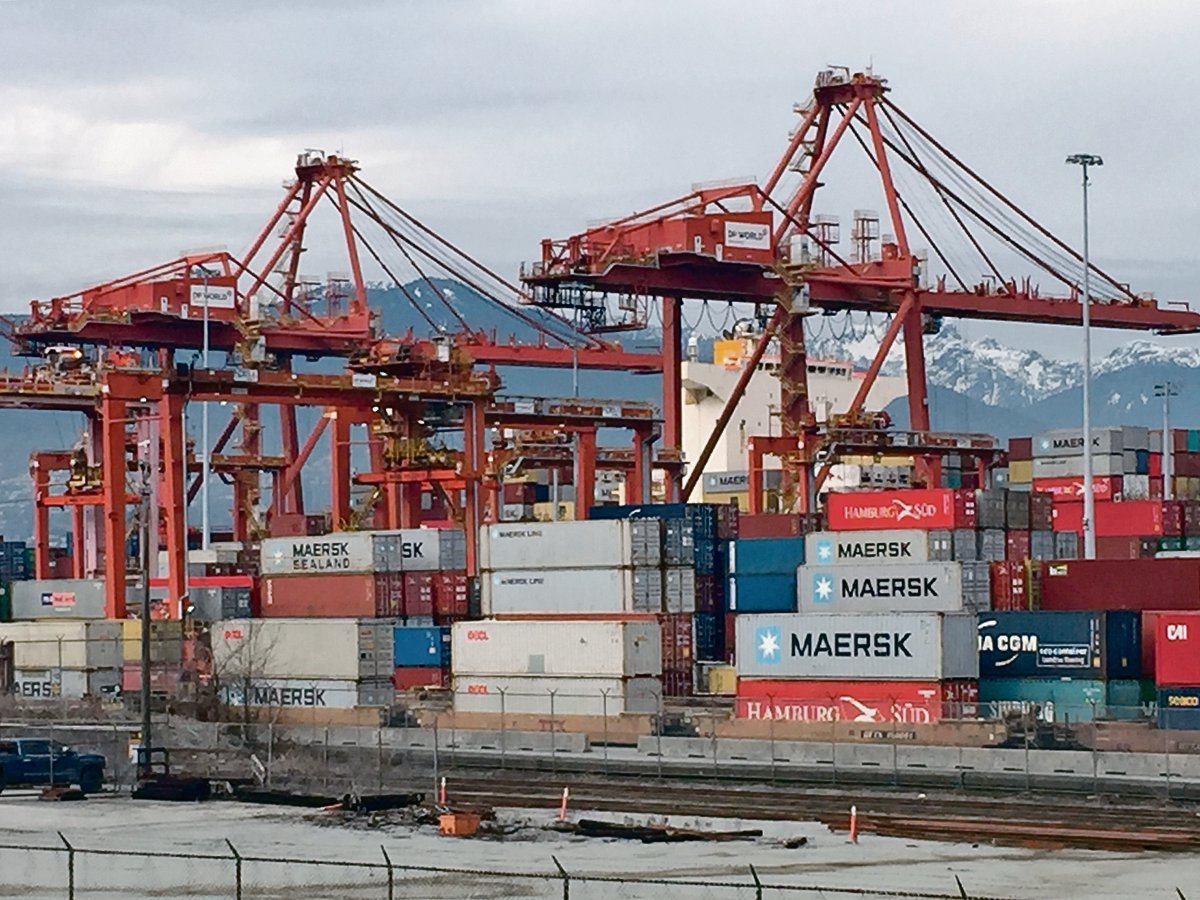Canada is in danger of losing its leading market for lentils and a host of other agricultural markets because it is falling behind in negotiating bilateral trade deals.
Speakers from Colombia told farmers at Pulse Days in Saskatoon Jan. 10 that American lentil growers will have an almost insurmountable advantage beginning in 2007 when a trade agreement between that South American country and the United States is expected to come into effect.
The trade deal will eliminate duties on American lentil imports while Canada’s product will still face a 15 percent duty.
Read Also

Message to provincial agriculture ministers: focus on international trade
International trade stakeholders said securing markets in the face of increasing protectionism should be the key priority for Canada’s agriculture ministers.
Wilhelm Hernandez Casteneda, with a Colombia-Canada trading company in Bogot‡, Colombia, said the forthcoming deal would affect not only lentils and other pulses, but also trade totalling $1.5 billion.
“If this free trade agreement comes, it is going to hurt farmers in Canada, because they (Colombian users) will have to (buy from) American farmers and traders to ship the goods. Canadian products will face a 15 percent duty and American products will pay nothing.”
Colombia officially bought more than 52,000 tonnes of lentils in 2004-05, making it the second largest buyer of the crop.
However, Casteneda said his country actually accounts for more lentil trade, perhaps as much as 75,000 tonnes, because it is the final destination of other shipments initially designated to go elsewhere.
In the list of Canadian lentil buyers, it consistently ranks one or two. Canadian lentil exports to Colombia have ranged from $19.4 million to $28 million in the last five years. The South American country also bought significant quantities of other grains and oilseeds.
“Our perception of Canadian traders and Canadian farmers are extremely good compared to the Americans,” Casteneda said.
“Our country is a little bit against the Americans. So we would rather work with Canadians.”
He added that Colombian trade authorities asked him to encourage Canadian farmers to write to their politicians to lobby for a Canada-Colombia trade deal.
However, the danger of lost markets does not stop with Colombia, said Gord Bacon, chief executive officer of Pulse Canada.
He said durum sales to North Africa are threatened by bilateral trade deals between Morocco and the U.S. Australia is also negotiating deals with countries such as Thailand and South America’s Mercosur trade association is expanding.
“Anytime there is preferential access from a tariff perspective, we are either going to be uncompetitive completely or we are going to have to lower our price by the tariff advantage that someone else has,” Bacon said.
Pulse Canada was part of a group of eight agricultural groups that in September urged federal trade minister Jim Peterson to aggressively pursue bilateral free trade agreements with key markets such as China, Japan and India.
Canada is already negotiating deals with South Korea, Singapore, some Central American countries and European countries such as Norway and Iceland. However, Bacon said a greater effort is needed.
“We’ve all been looking at the WTO for a lot of years and it is the forum to provide the sweeping changes that are needed. … But you can’t ignore your loss of competitiveness, because of bilateral trade agreements, waiting for WTO agreements to be reached.”














